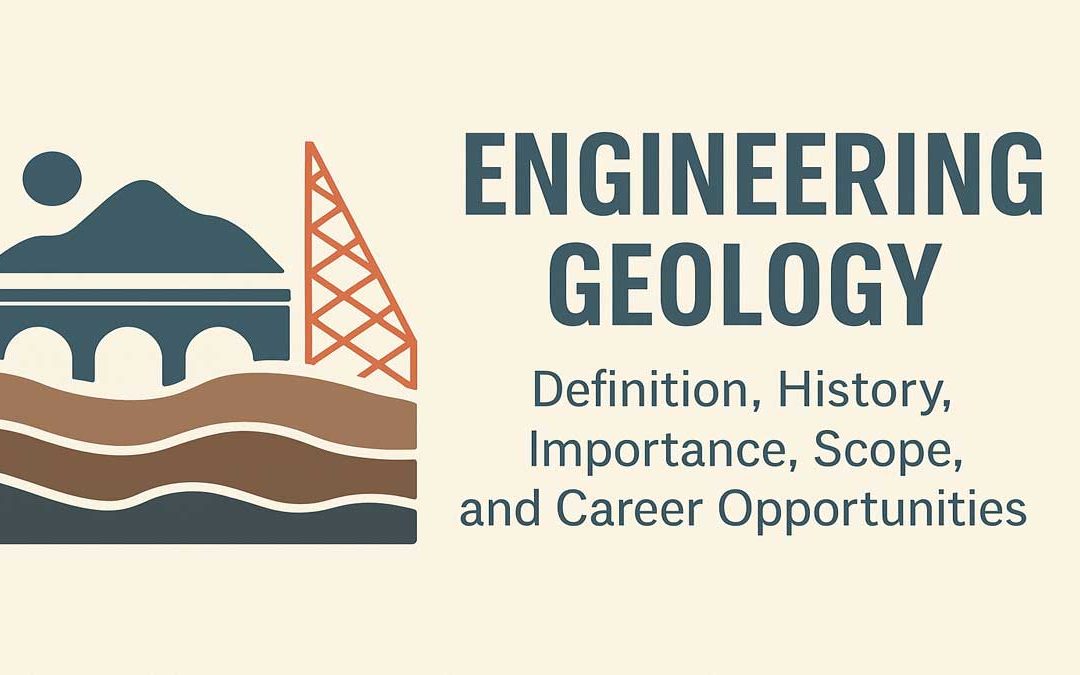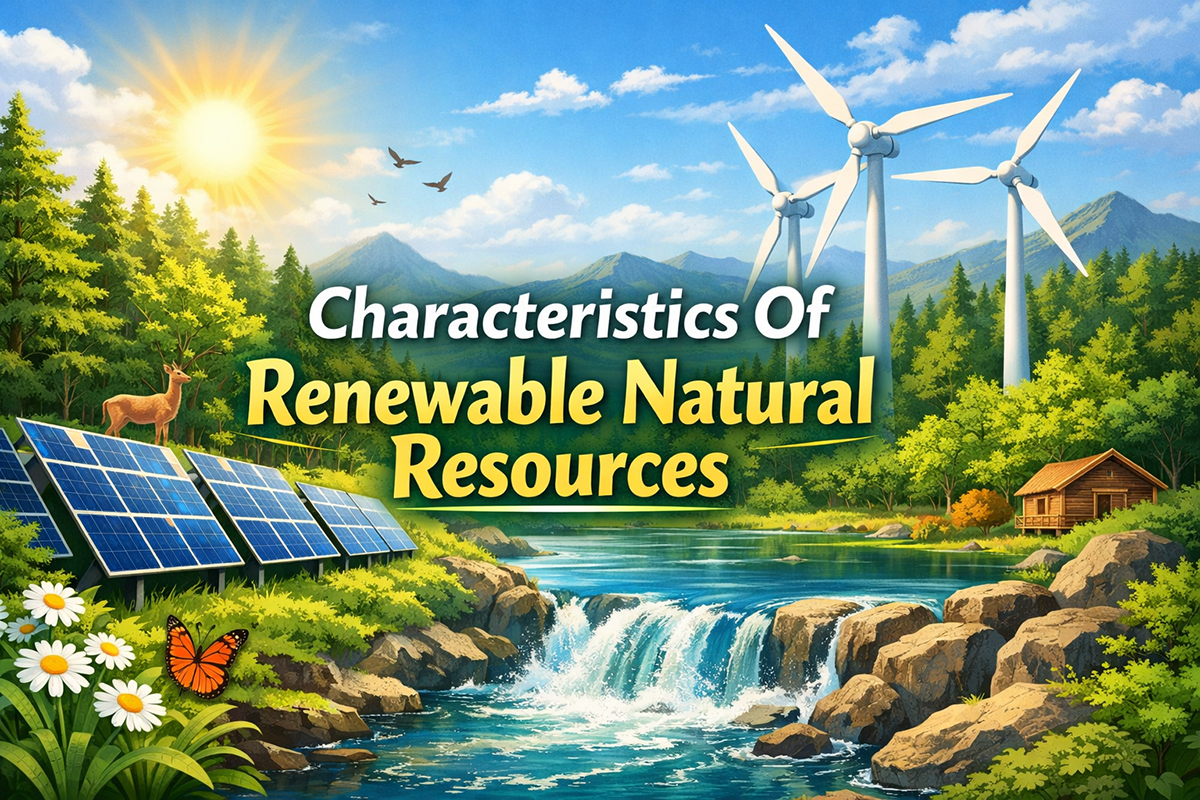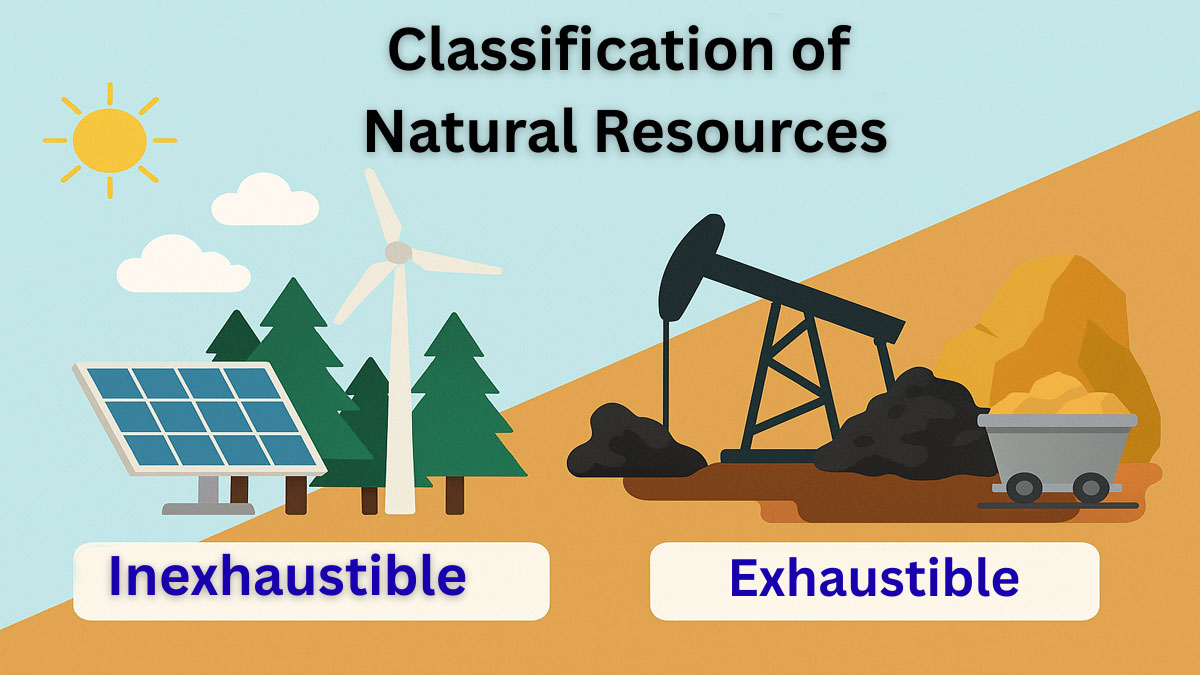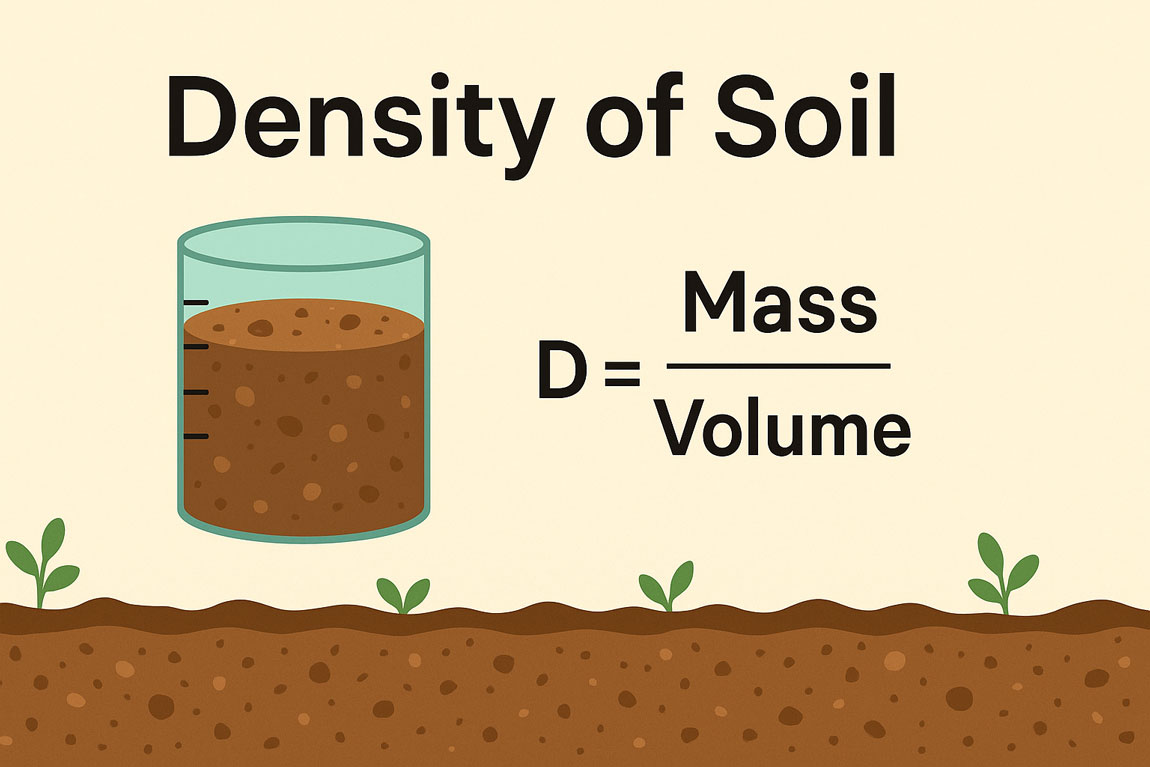Engineering Geology is the study of how geology is used in engineering work. It helps engineers understand rocks, soil, and water before building roads, bridges, dams, tunnels, and other structures. This blog explains what Engineering Geology is, its history, why it is important, what it covers, and the kinds of jobs available in this field.
What Do You Mean by Engineering Geology?
- Engineering geology forms the bridge between geology and engineering.
- Engineering geology is the application of geological data, techniques, and principles to the study of rock and soil surficial materials and groundwater.
- This is essential for the proper location, planning, design, construction, operation, and maintenance of engineering structures.
- Engineering Geology complements Environmental Geology, or Hydrogeology.
History:
- The first book, entitled Engineering Geology, was published in 1880 by William Penning.
- The first American engineering geology textbook was written in 1914 by Ries and Watson.
- The need for geologists on engineering works gained worldwide attention in 1928 with the failure of the St. Francis dam in California and the loss of 426 lives.
- More engineering failures that occurred in the following years also prompted the requirement for engineering geologists to work on large engineering projects.
Importance of Engineering Geology in Development:
- To recognize potential difficult ground conditions before detailed design and construction.
- It helps to identify areas susceptible to failure due to geological hazards.
- To establish the design specification of the site for engineering purposes.
- To have the best selection of engineering materials for construction.
Scope of Engineering Geology:
- For wetland and habitat restoration programs.
- For coastal engineering, sand replenishment, bluff or sea cliff stability, harbour pier, and waterfront development.
- For offshore outfall, drilling platform, sub-sea pipeline, sub-sea cable, and other types of facilities.
- It provides knowledge about materials used in construction.
- Its knowledge is helpful for river control and shipping work.
- Its knowledge is helpful for constructing dams.
- Its knowledge is required for foundation faults.
- For the design of highways and roads.
- In constructing tunnels.
- The nature of soil materials can be found out.
Career in Engineering Geology:
- Infrastructure projects, such as hydro power plants, tunnels for railway/transport, canals, dams, reservoirs, highways, bridges, buildings, water treatment plants, land use, environmental studies, etc.
- For mine and quarry excavations, mine reclamation.
- For coastal engineering, sand replenishment, sea cliff stability, and waterfront development.
- For offshore drilling platforms, subsea pipelines, cables, etc.
Conclusion:
Engineering geology is essential for safe and efficient construction. It helps avoid disasters, choose the right materials, and build strong structures. With growing infrastructure needs, this field offers exciting career opportunities in dams, tunnels, coastal projects, and more. A strong foundation in engineering geology ensures long-lasting and sustainable development.






